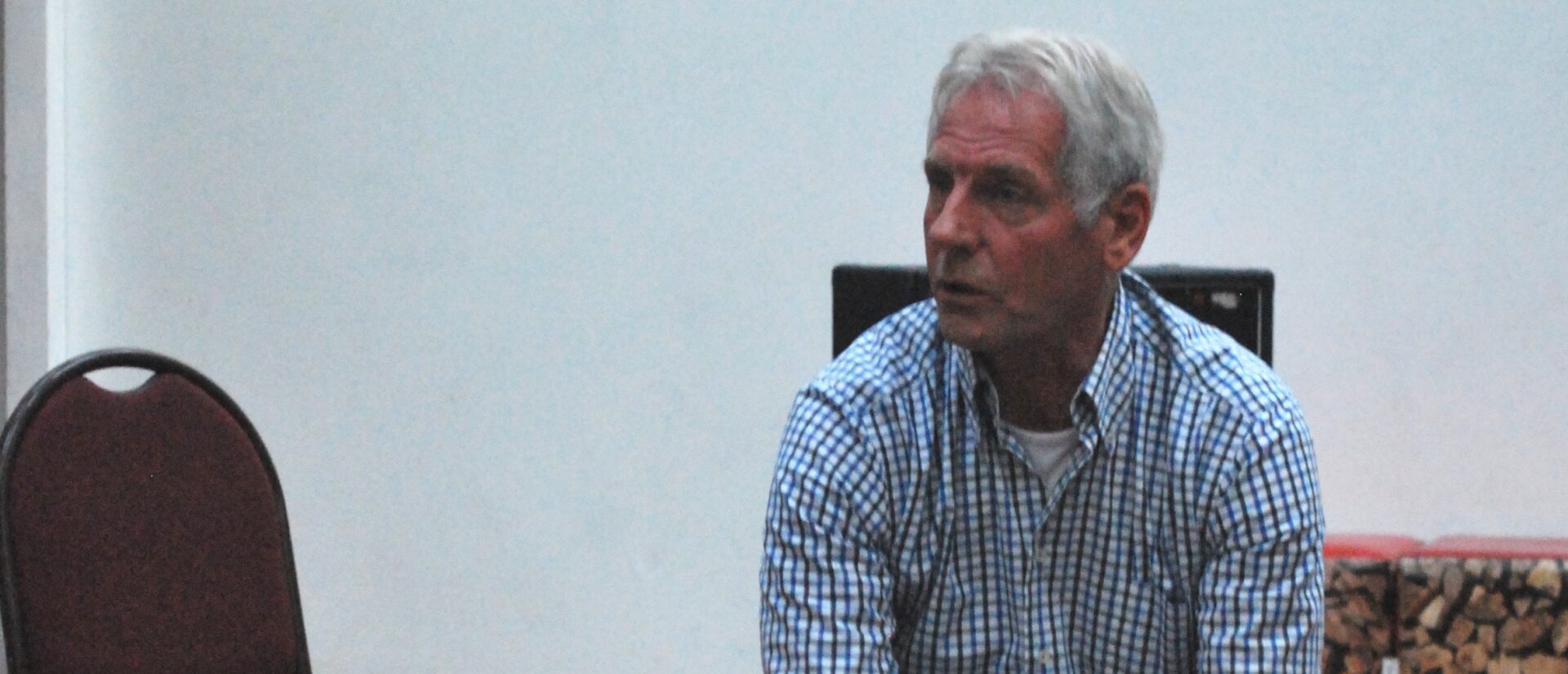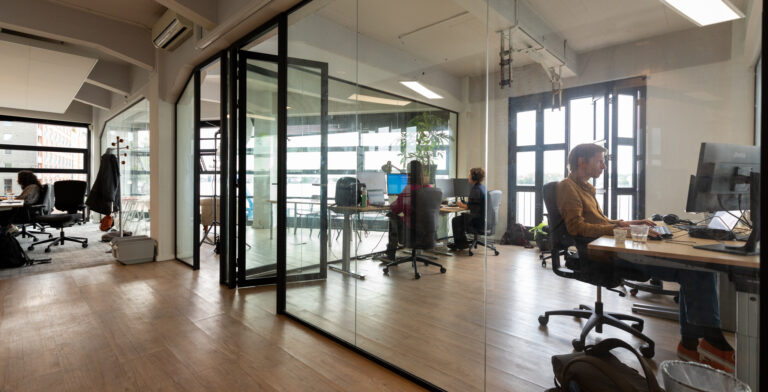
Chairman Dick de Graaf bids farewell to his SOMO colleagues
18 September was Dick de Graaf’s last day as the chairman of SOMO’s board, bringing to a close many years of commitment during which he has served the organisation in various positions. The occasion was duly celebrated with a well deserved party and many words of thanks. In the following interview, Dick de Graaf recounts his rich history at SOMO.
“My years with SOMO might come across as a story dreamed up by some novelist, but believe me, I was really there. I started out as its first employee in 1973. The organisation had been founded in response to the involvement of multinationals in undermining the Allende government in Chile. And there was a movement for the Third World (derdewereldbeweging) which at the time was seeking to find out more about these multinationals. So when SOMO was established I became its first part-time researcher.”
The practices of the early days
“At first I focused mainly on the necessary groundwork to build a body of knowledge, which was quite a bit more laborious than it is now. A lot of time was spent reading, compiling press clippings with scissors and glue. I would often go, for instance, to the library of the Netherlands Foreign Trade Agency (EVD) in The Hague, to xerox pages from trade magazines, often at a price of 25 cents a page. As SOMO started hiring new people, I focused increasingly on researching the largest family company in the Netherlands: SHV. We tried to map out the links that crisscrossed the private sector, we scrutinized specific companies.
All that knowledge came along with me to the FNV workers union. But while I was working for them as a policy officer, I still felt very much committed to SOMO, and I often referred people to them. Next I took up a position as a director with the catering-sector union Voedingsbond. Then, in the 1990s I again became more closely involved with SOMO, and I was eventually appointed chairman of the board until my recent departure.”
Personal highlights
“A defining moment for me was at the very beginning, in 1973. The government in Chile, under Allende’s presidency, was being undermined by the USA with the collaboration of several multinationals, such as ITT. It all eventually led to a coup and the establishment of General Pinochet’s regime. Shortly after power was seized, there was a rally in Utrecht where all sorts of people protested against the USA and ITT. I had a chart that showed exactly where ITT was operating in the Netherlands, and which companies it owned. For instance, ITT was the owner of a biscuit brand in the Netherlands. These facts came as a revelation to many people. The information was taken from a publication called Who owns whom and it gave the participants a clear and specific picture.”
A more recent turning point was in the 1990s. SOMO had gone through a rough period, and Dick de Graaf was involved in the subsequent reorganisation, aimed at making it more professional. The buzzword was ‘division of labour’. A government grant spanning several years (from 2003) allowed room for much more, and so the organisation was able to engage a managing director. Dick de Graaf and Irene Schipper looked through 200 applications and selected Ronald Gijsbertsen, who still serves as a director. “Not only did the organisation survive; it came out stronger. Not least thanks to Ronald’s appointment. I’m very pleased with the current shape of the organisation.”
From knowledge to action
“I’m a political economist. Or a Marxist economist, if you like. The writings of Marx have helped me see how society is structured. About a decade ago nothing was taken seriously if it had the Marxist label attached to it. In a way, the financial crisis has been an eye-opener for many people, and I’m relieved to see that the word ‘capitalism’ is now widely used. You’ll find it even in a newspaper like The Financial Times.”
Marx seems to be a good starting point for analysing society, which is what SOMO does. Dick doesn’t see research – the acquisition of knowledge – as a goal in and of itself. “Something has to be done about it. Again, in Marx’s words, ‘Philosophers have only interpreted the world in different ways; the next step is to change it.’ And I have the feeling that this was genuinely achieved during my time with the union. It’s also true of SOMO, that information is not the final goal. Something has to be done with that knowledge, and that is often in the hands of the client. In areas such as tax evasion by multinationals, SOMO is actively expanding its activities, which are later taken up by other organisations. This has caused quite a stir: publicity, parliamentary questions, and finally the introduction of new control measures.”
SOMO in the years ahead
If Dick were to give today’s SOMO one piece of advice, it would be: “Do what you do best: keep doing research. Concentrate on strengthening and supporting other organisations and their campaigns by providing them with knowledge.”







